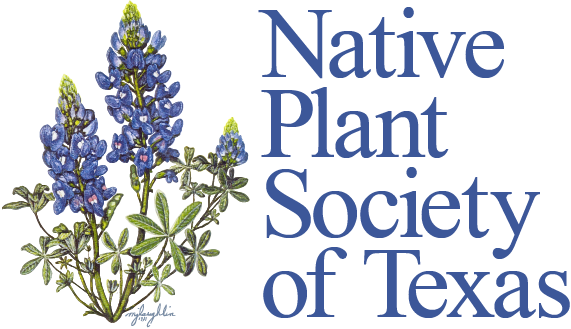Home » Native Plants » Native Plant Database » Acacia angustissima
References

Download a 1 page PDF file for this plant, suitable for sharing, printing, and plant sales. Includes an ecoregion map, and a QR code back to this page.
Downloading PDFs only works on desktop browsers
You can favorite this plant and others and maintain a list of your favorite native plants below. You can also unfavorite a plant and clear your list. Click on a plant to go to it.
State Office Phone: 830.997.9272
State Office Address:
Native Plant Society of Texas
PO Box 3017
Fredericksburg, TX 78624
Become an important part of a statewide community with over 4,000 members, who are united in our mission to promote Texas native plants!
Native Plant Society of Texas is a 501(3)(c) nonprofit organization This website and all content Copyright © Native Plant Society of Texas. All rights reserved. Content may not be reprinted in whole or in part without written permission. Contact the Webmaster.